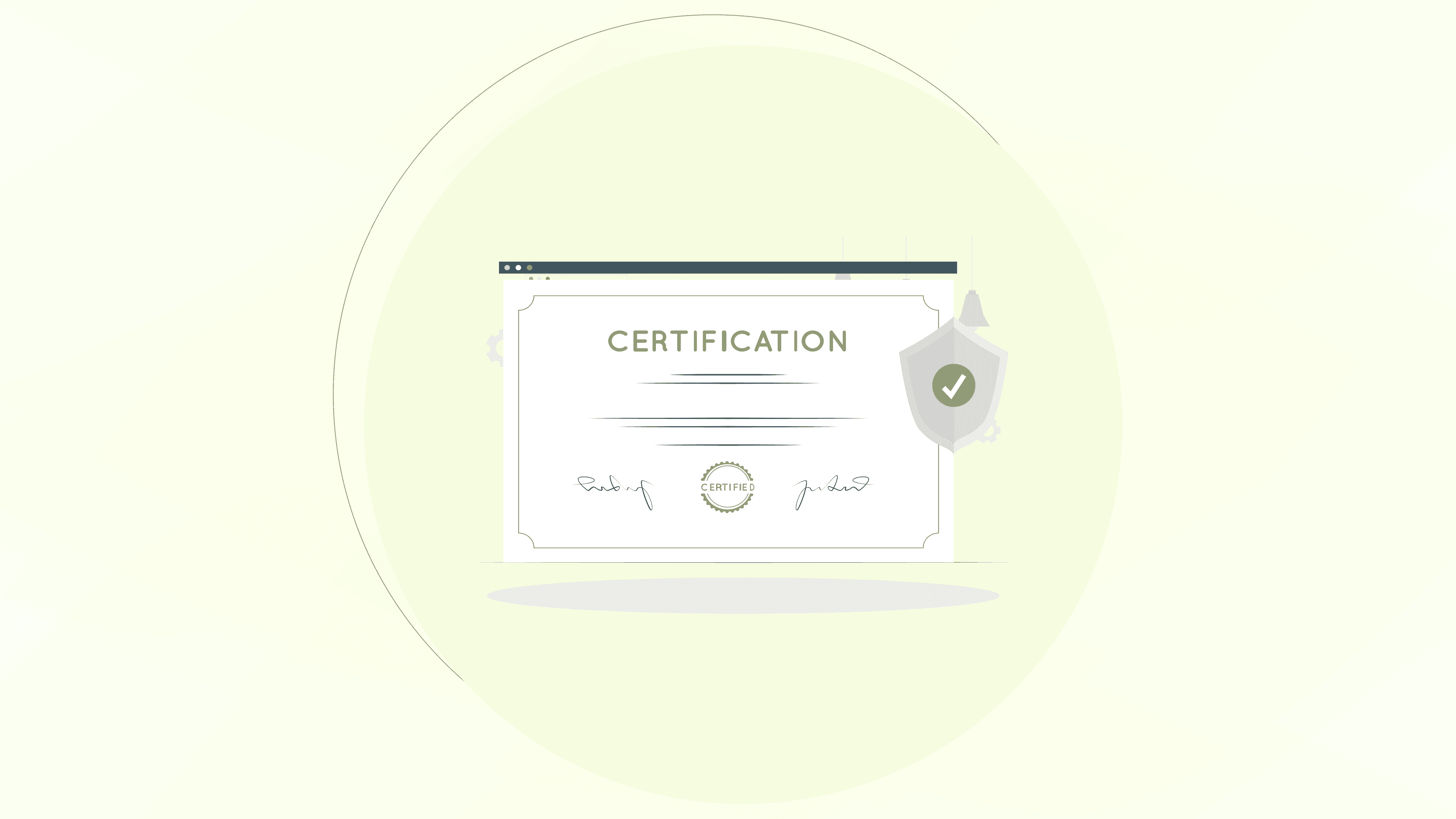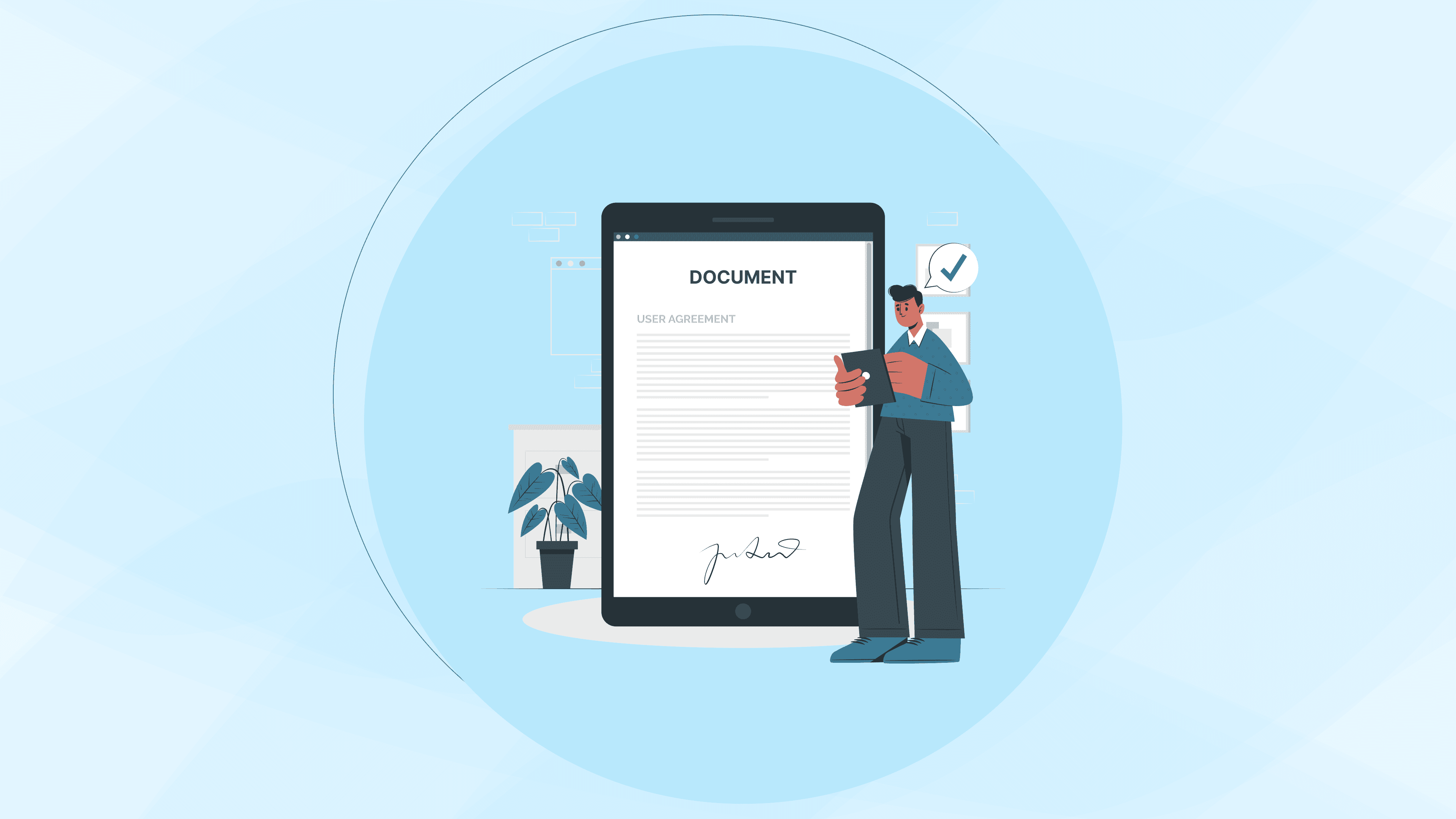The evolution of digital technology is transforming all industries across the globe. In India higher education is also transforming with the help of verifiable digital credentials. These are tamper-proof, Blockchain based documents offer a highly secure, efficient and easy to share across different institutions and organisations.
Digital verification increases the organisation efficiency as well as manpower and time. In the education sector Truscholar bring the innovative solution for indian universities to enhance their credentialing process, making them issue the credentials very fast
What are Digital Credentials?
Digital credentials are secure, electronic representations of skills, achievements, or qualifications earned by individuals. These credentials, such as certificates, badges, Marksheets and licenses, are typically stored and shared online, often using blockchain technology to ensure authenticity and prevent tampering. They offer a reliable way to validate and showcase expertise in a digital-first world, empowering professionals to build trust with employers and peers.
The need of verifiable Digital Credentials?
India's higher education sector is one of the largest in the world, with millions of students graduating each year all over India. However, the traditional system of issuing paper-based certificates and marksheets is riddled with challenges:
Fraudulent Credentials: The prevalence of forged degrees and certificates has eroded trust in academic qualifications.
Inefficiencies in Verification: Manual verification processes are time-consuming, labor-intensive, and prone to human error.
Storage and Accessibility Issues: Physical documents are susceptible to loss, damage, and misplacement, complicating long-term accessibility.
Verifiable digital credentials address these pain points by leveraging blockchain technology. They provide a secure, immutable, and easily verifiable format for academic records, ensuring authenticity and reducing administrative burden.
Benefits of Having Verifiable Digital Credentials
1. Staying Ahead in a Competitive Landscape
Adopting digital credentials positions colleges and universities as forward-thinking institutions. It demonstrates their commitment to innovation and student success, helping to attract prospective students while enhancing the institution’s reputation in the education ecosystem.
2. Boosting Student Recruitment and Enrollment
Digital credentials are effective marketing tools, showcasing the value of an institution’s programs. Prospective students are drawn to institutions that offer digital certifications, as they represent clear, tangible proof of learning outcomes and employability potential.
3. Enhanced Security and Fraud Prevention
Stored on tamper-proof platforms such as blockchain, digital credentials ensure the integrity and authenticity of records. Advanced encryption and verification mechanisms safeguard against fake certificates and unauthorized modifications, protecting both the institution's credibility and its graduates' qualifications.
4. Cost-Efficiency and Administrative Ease
The shift from physical certificates to digital formats significantly reduces costs and administrative overheads. By eliminating the need for physical production, distribution, and storage, institutions save resources while streamlining their credentialing processes.
5. Improved Student Motivation and Retention
Digital credentials provide students with a sense of accomplishment, offering instant recognition for their efforts. Collecting digital badges and certificates fosters a sense of achievement, encouraging students to stay motivated and complete their programs, which leads to better retention rates.
6. Smooth Credit Transfer and Collaboration
Digital credentials simplify the process of transferring credits and qualifications between institutions. They create a standardized system that supports seamless transitions for students continuing their education elsewhere, while fostering stronger partnerships between academic institutions.
7. Data-Driven Insights for Better Decision Making
Credentialing systems generate valuable data on student performance, engagement, and completion rates. This information enables institutions to identify trends, assess program effectiveness, and make informed decisions about curriculum updates, resource allocation, and student support initiatives.
8. Aligning Education with Industry Needs
By collaborating with industry partners, institutions can design digital credentials that reflect the skills and knowledge demanded by employers. This alignment improves graduates’ employability and strengthens relationships between academic institutions and the professional world.
Benefits for Indian Universities
1. Enhanced Trust and Credibility
Digital credentials are tamper-proof and backed by cryptographic validation, eliminating the risk of forgery. This enhances the reputation of issuing institutions and builds trust among employers and stakeholders.
2. Streamlined Verification
Employers and institutions can verify credentials instantly, saving time and effort. This is especially crucial for universities managing thousands of graduates annually.
3. Cost and Time Efficiency
By digitizing the credentialing process, universities can significantly reduce administrative costs and resource requirements.
4. Global Recognition
Digital credentials align with international standards, making it easier for students to apply for jobs or further studies abroad without concerns about credibility.
5. Sustainability
Moving away from paper-based processes supports environmental sustainability by reducing paper consumption and waste.
how truscholar revolutionize the Verifiable Digital Credentials?
TruScholar, a leading platform for verifiable digital credentials, has been a pioneer in transforming credentialing for Indian universities. Built on blockchain technology, TruScholar enables institutions to issue, store, and verify academic records securely and seamlessly.
Features of TruScholar
Blockchain-Backed Security: Credentials are immutable and verifiable on the blockchain.
Instant Verification: Stakeholders can authenticate credentials in real-time via unique digital signatures.
User-Friendly Interface: Both institutions and graduates can easily access and manage credentials through a centralized platform.
Customizable Formats: Institutions can tailor credential designs to reflect their branding.
Global Compliance: TruScholar adheres to international standards, ensuring compatibility and recognition worldwide.
Government Initiatives and Policies
The Indian government’s focus on digitization, through initiatives like Digital India, complements this shift. Encouraging universities to adopt blockchain-based credentialing systems could standardize processes and promote nationwide trust in academic qualifications.
Conclusion
Verifiable digital credentials are more than just a technological advancement—they represent a paradigm shift in how academic achievements are recorded, shared, and trusted. For Indian universities, adopting platforms like TruScholar is a strategic move that aligns with the demands of the digital era. By enhancing credibility, operational efficiency, and global competitiveness, these credentials are truly a game-changer for India’s higher education sector.
The future of education is digital, and verifiable credentials are leading the way. Indian universities that adapt now will set benchmarks for others to follow, ensuring their graduates are equipped to thrive in a globalized world.
Schedule your Free Demo
Fuel Your Organization’s Growth with the Future of Digital Credentials




